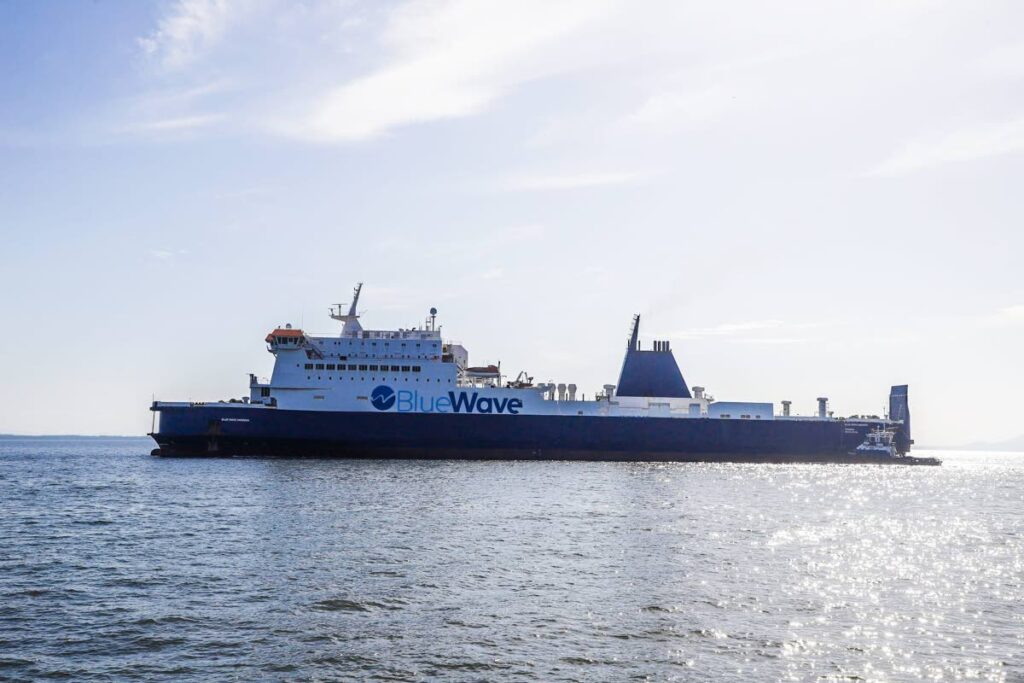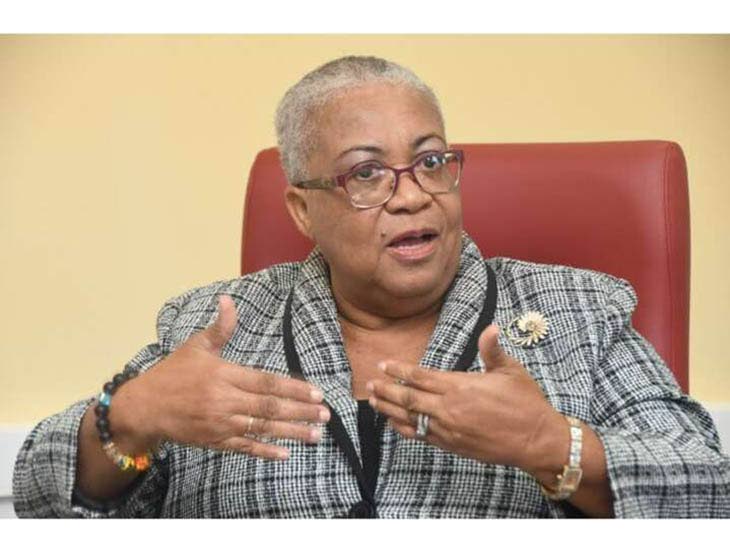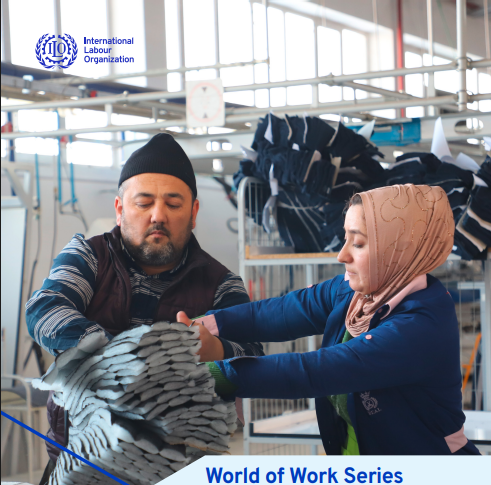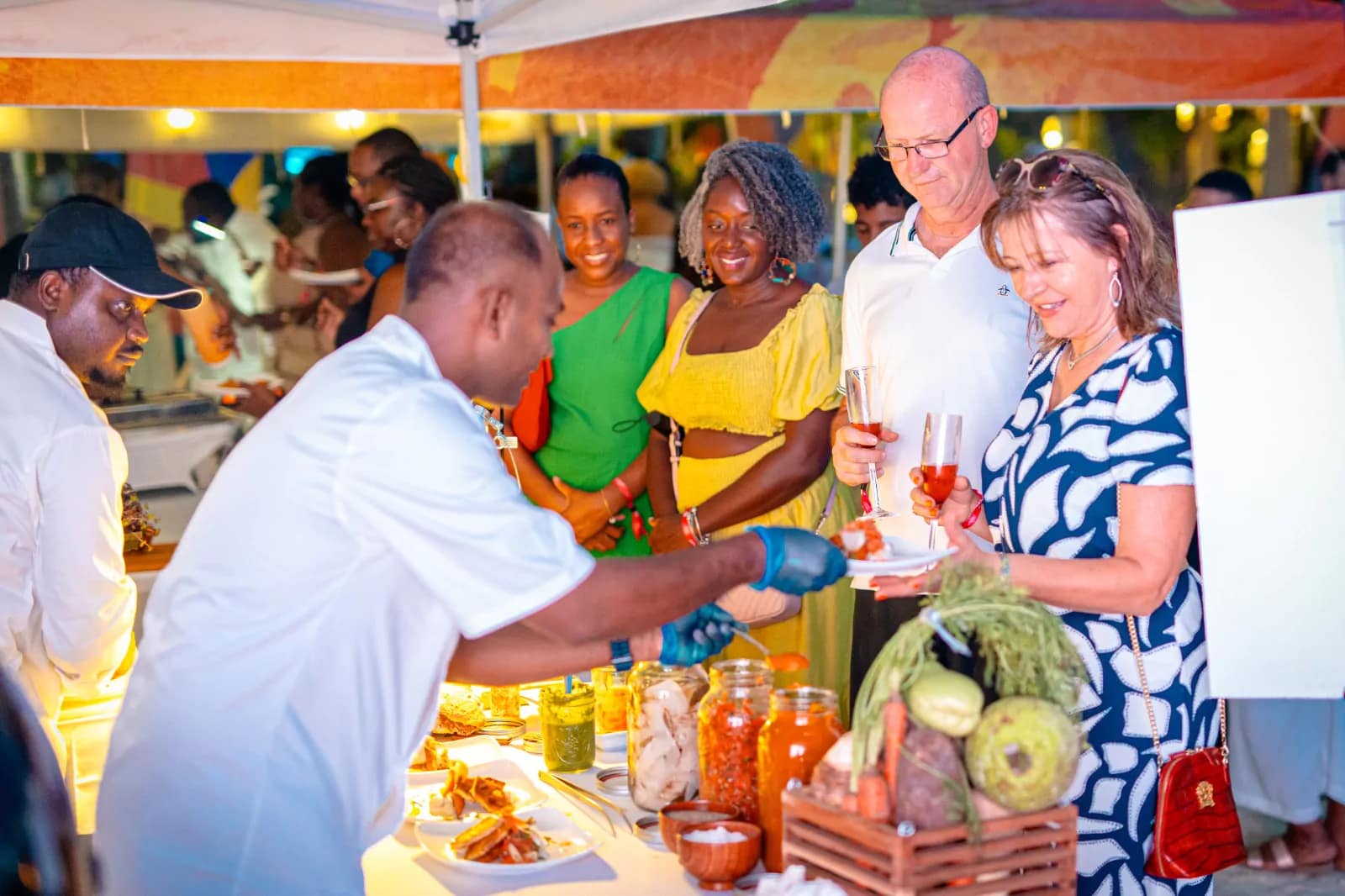In a significant development for Trinidad and Tobago’s infrastructure and economic landscape, Works and Infrastructure Minister Jearlean John announced the imminent arrival of the MV Blue Wave Harmony. The new passenger and cargo vessel, set to dock at 8 am on January 22, will serve as a replacement for the Cabo Star on the critical seabridge connection.
The announcement came during the Amcham economic forum at Port of Spain’s Hyatt Regency on January 21, where Minister John revealed extensive redevelopment plans as part of the government’s broader revitalization initiative. The comprehensive strategy encompasses 129 projects targeting key areas nationwide, with particular focus on transformative developments at Invaders Bay and Port of Spain.
Invaders Bay, comprising 50 acres of prime reclaimed real estate accumulated over two administrations, is poised for dramatic transformation. Minister John outlined ambitious proposals including hotel complexes, marina facilities, and residential housing. The foreshore development alone anticipates 300 premium apartments and 400 marina docks, capitalizing on Trinidad’s advantageous position outside the hurricane belt for dry docking services.
The Port of Spain revitalization involves repurposing over 400 acres of land, potentially freeing 150 acres of premium real estate for tourism-oriented development including convention centers and entertainment venues. Additionally, Sea Lots is designated for conversion into a specialized “health city” district.
The scale of construction requirements underscores the project’s magnitude: 3,000 tonnes of structural steel, 23,000 tonnes of cement, 5,000 tonnes of rebar, and substantial additional materials. At peak development, the initiatives are projected to generate over 70,000 jobs, providing significant economic stimulation through construction activity.
Minister John confirmed the extension of expression of interest submissions for the Invaders Bay project until February 5, responding to numerous requests for additional time. The developments will receive international validation through an upcoming visit by Abu Dhabi’s foreign affairs minister on January 23, who will assess project sites firsthand.









